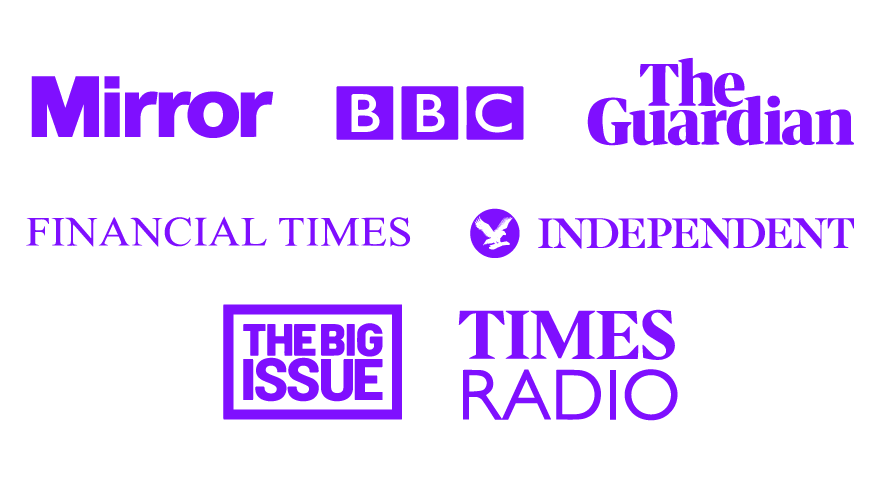Discussing some key learnings and challenges around how we can conduct research on poverty ethically at a time of global crisis, bringing together perspectives from academia, charitable organisations and from the frontline.
Following a two-year in-depth inquiry run by an international working group, the Nuffield Council on Bioethics’ report ‘Research in global health emergencies: ethical issues’ was published in January 2020, a matter of weeks before we began to see the impact of COVID-19 in the UK. The report – with prescient timeliness – offers an ethical compass and valuable reflections for those of us who are now attempting to carry out research that is suitable and sensitive to these new times.
Co-author of the report, Katharine Wright, Assistant Director for the Nuffield Council on Bioethics, reflects on lessons from this project in terms of an ‘ethical compass’ to help guide policy approaches, which can be used to reflect on the COVID-19 pandemic in a UK setting. Professor Lisa Scullion, University of Salford, draws on her experiences of setting up a new UKRI funded project on Welfare at a (social) distance, and think through the ethical issues involved in light of COVID-19. Finally, Azmina Siddique, Policy and Research Manager, The Children’s Society, discusses new evidence from ongoing practice in a rapidly changing time, thinking through how the voluntary sector is seeking to deliver impactful evidence to inform policy responses at a time of rapid change. Presentations will be kept short to allow time for discussion.
The webinar was chaired by Professor Karen Rowlingson, University of Birmingham, Chair of the Social Policy Association.


